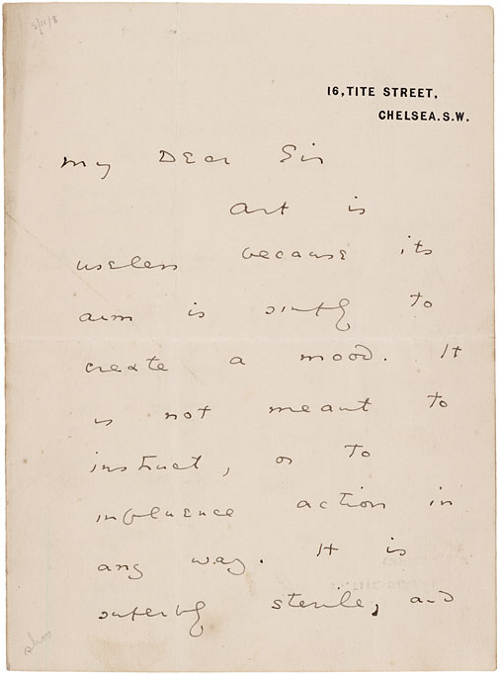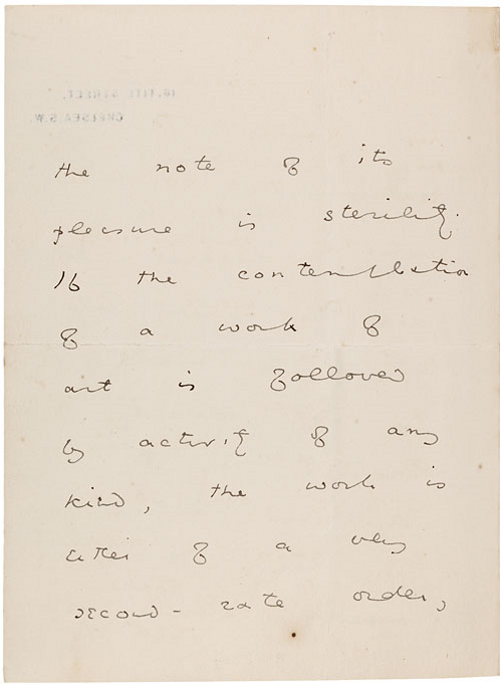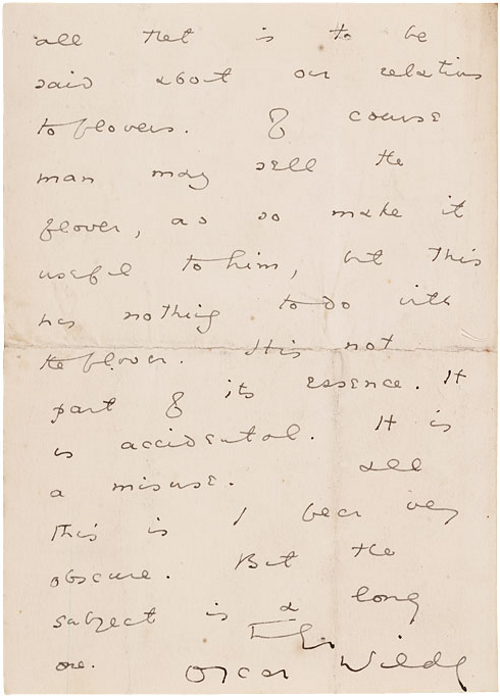- HOME
- ABOUT ME
- movies
- MEDIA
- L.Onerva
- Eino Leino
- Eeva-Liisa Manner
- Erään Opon päiväkirja
- Elämänkenttäni
- Elämäni ”viiva”
- Käyttöteoriani – se miten minä ohjaan
- Kulttuuritietoinen ja kansainvälistyvä ohjaus
- Ohjauksen järjestäminen maahanmuuttajakoulutuksessa
- Ohjauksen yhteiskunnallinen viitekehys
- Ohjaukäsite
- Oma opiskeluorientaatio
- Opiskelijoiden yksilöllisyys ohjauksessa
- EETTISET KYSYMYKSET
- Psykososiaalisen kehityksen teoria
- Suhteeni erilaisuuteen ja tehtäväni opinto-ohjaajana
- Opinto-ohjauksen ja erityisopetuksen yhtäläisyyksiä ja eroja
- Kehitykseni opinto-ohjaajana
- Maahanmuuttajan uraohjaus
- Maahanmuuttajien ohjaus ja neuvonta: kuka, mitä, miten?
- Ohjauksen tulevaisuus
- Elämänkenttäni
- Mariana Marin
- Claudiu Komartin
- Mariana Codrut
- Roland Erb
- Romanian poetry
- ESSAYS
- STORIES
- CLASSIC POETRY
- CONTEMPORARY POETRY
- TRANSLATED POEMS
- READING POETRY
- CONTACT
- translated Italian-English
- translated Italian-Romanian
- translated Spanish-English
- translated Spanish-Romanian
All art is quite useless
POSTED IN essays June 5, 2013

All art is quite useless
The artist is the creator of beautiful things. To reveal art and conceal the artist is art’s aim. The critic is he who can translate into another manner or a new material his impression of beautiful things.
The highest as the lowest form of criticism is a mode of autobiography. Those who find ugly meanings in beautiful things are corrupt without being charming. This is a fault.
Those who find beautiful meanings in beautiful things are the cultivated. For these there is hope. They are the elect to whom beautiful things mean only beauty.
There is no such thing as a moral or an immoral book. Books are well written, or badly written. That is all.
The nineteenth century dislike of realism is the rage of Caliban seeing his own face in a glass.
The nineteenth century dislike of romanticism is the rage of Caliban not seeing his own face in a glass. The moral life of man forms part of the subject-matter of the artist, but the morality of art consists in the perfect use of an imperfect medium. No artist desires to prove anything. Even things that are true can be proved. No artist has ethical sympathies. An ethical sympathy in an artist is an unpardonable mannerism of style. No artist is ever morbid. The artist can express everything. Thought and language are to the artist instruments of an art. Vice and virtue are to the artist materials for an art. From the point of view of form, the type of all the arts is the art of the musician. From the point of view of feeling, the actor’s craft is the type. All art is at once surface and symbol. Those who go beneath the surface do so at their peril. Those who read the symbol do so at their peril. It is the spectator, and not life, that art really mirrors. Diversity of opinion about a work of art shows that the work is new, complex, and vital. When critics disagree, the artist is in accord with himself. We can forgive a man for making a useful thing as long as he does not admire it. The only excuse for making a useless thing is that one admires it intensely.
All art is quite useless.Oscar Wilde
To Clegg’ s surprise, Wilde responded with a handwritten letter.




16, TITE STREET,
CHELSEA. S.W.
My dear SirArt is useless because its aim is simply to create a mood. It is not meant to instruct, or to influence action in any way. It is superbly sterile, and the note of its pleasure is sterility. If the contemplation of a work of art is followed by activity of any kind, the work is either of a very second-rate order, or the spectator has failed to realize the complete artistic impression.
A work of art is useless as a flower is useless. A flower blossoms for its own joy. We gain a moment of joy by looking at it. That is all that is to be said about our relations to flowers. Of course man may sell the flower, and so make it useful to him, but this has nothing to do with the flower. It is not part of its essence. It is accidental. It is a misuse. All this is I fear very obscure. But the subject is a long one.
Truly yours,
Oscar Wilde
2 COMMENTS
You must be login to post a comment. Click to login.

Copyright © 2023 by Magdalena Biela. All rights reserved.
This is, I have to conclude, the statement of a bored intellectual. Wilde was an intellectual (of course), brought up by intellectual parents and therefore, I argue, struggled, as do all intellectuals, to differentiate themselves from the norm. He became controversial as a result. Nothing wrong with that, I would say! However, for some intellectuals, or very intelligent, educated people, the need to find something that differentiates them from the norm, or from boring lesser mortals, often makes them into contrarians, especially when young – and Wilde didn’t have a chance to grow old as such.
Frankly, Magdalena – and I apologise for seeming to be contrarian myself – I find more potential harm done by some intellectuals in this world, where they do not have a down to earth purpose or are driven by a motive that is no more useful than mere satisfaction of the intellect. In itself, the latter would be harmless enough, were it not for the way in which some people, like Wilde, are deified.
He was undoubtedly a brilliant playwright. I have seen, more than once I think, his last play “The Importance of Being Earnest”, which is testament to that, but, particularly in light of the discussion going on over in the Linkedin ‘Poetry Editors and Poets’ group, this dallying with the notion that art is useless, I find more than slightly damaging. However, if does nothing else, it certainly opens up a debate.
I noted your reference, in the Linkedin discussion on the practical vs emotional side of poets, to my question about whether “academic study of poetry … maketh not a poet”. Thank you for your reference. I find your patience, magnanimity and generosity of spirit in these debates, raises you well above the ordinary human response to some of the controversial issues covered. Well done, M’am.
As a footnote (to Wilde’s handwritten letter), I also find his logic is flawed! Huh! I hear adoring fans exclaim that I am guilty of sacrilege 😉 but, you know, I think he was influenced only by the art of the time, and that to which he was exposed in his short life, in the midst of the controlling, imperialistic and some would say restrictive atmosphere of Victorian Britain. How different was art then from what it is in the 20th century and in present times?